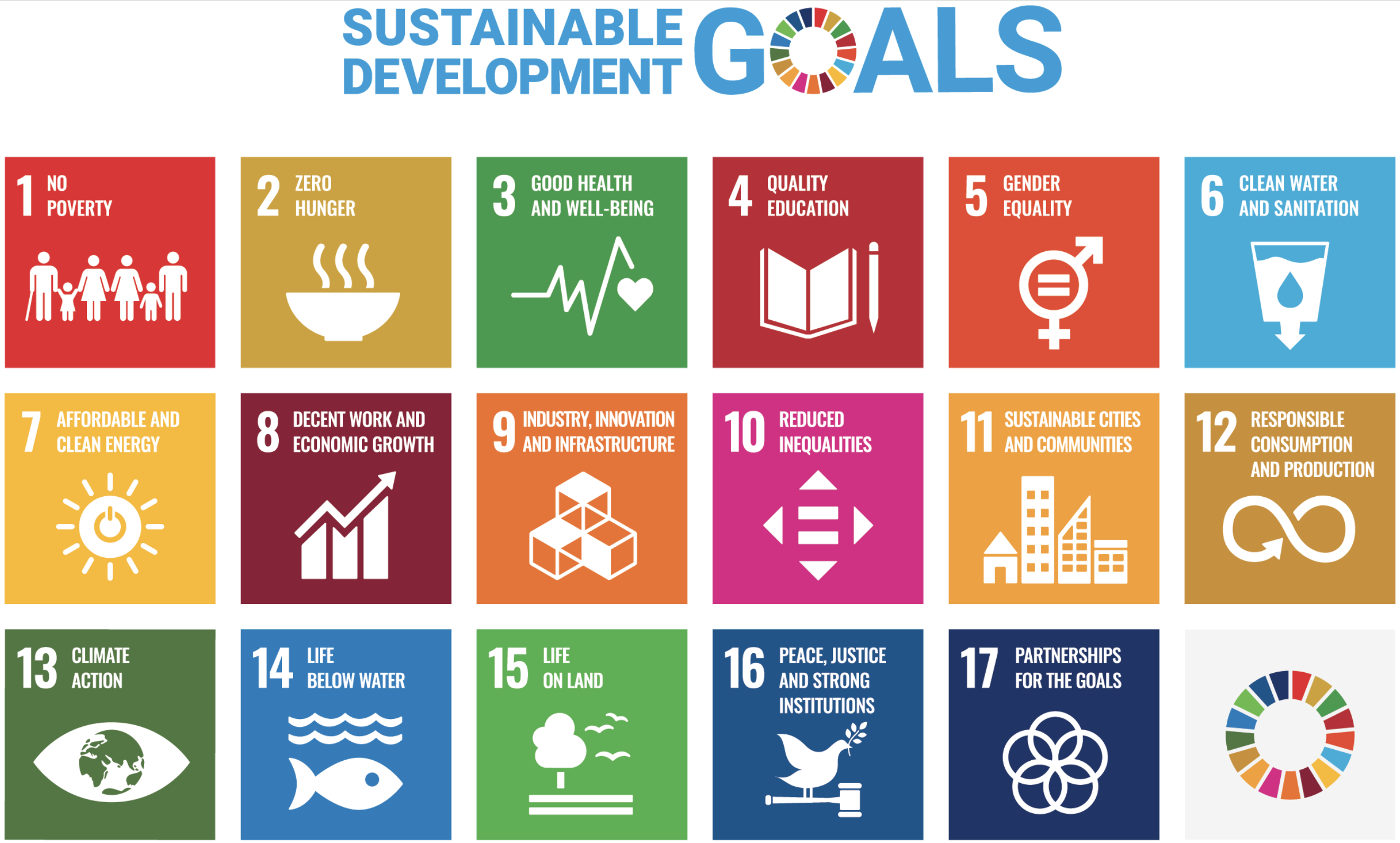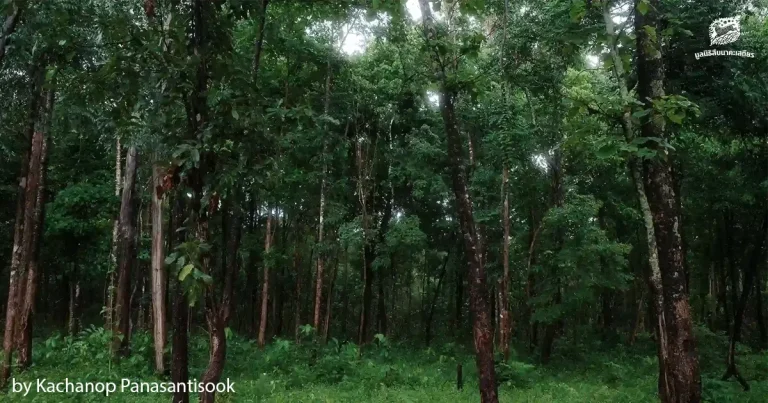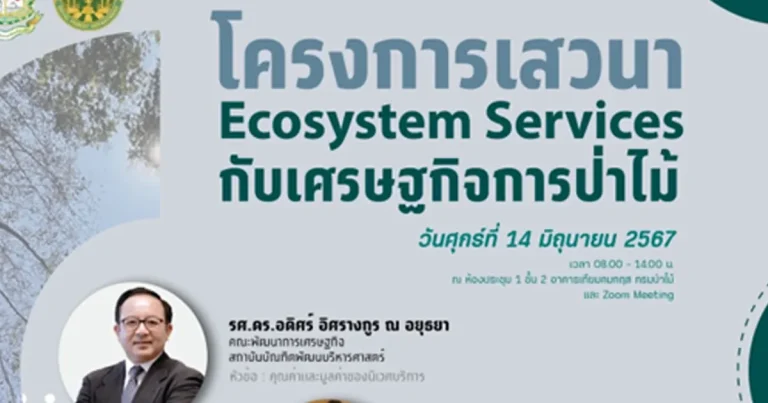The Forest Bond Initiative integrates economic, financial, ecological, and legal factors into a plan designed to address deforestation. The initiative is designed to promote sustainability across economic, financial, and ecological aspects. This section explains how the Forest Bond Initiative can contribute to nine Sustainable Development Goals (SDGs).
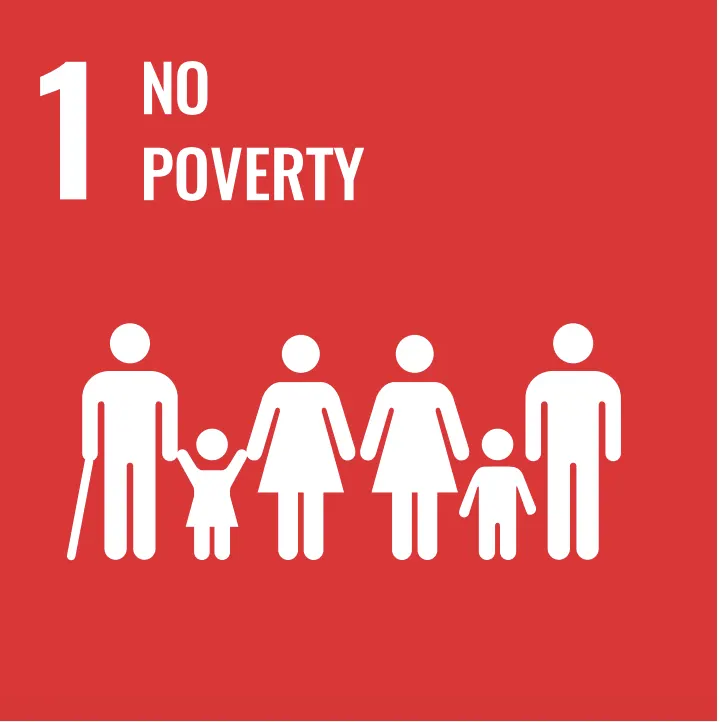
NO POVERTY. The Forest Bond Initiative’s profitability characteristics lead to increased employment, not only in the forestry sector, but also in many downstream sectors including logging, wood processing, transportation, furniture, building materials, and timber export. This job expansion will generate income for many workers and help alleviate poverty
CLEAN WATER AND SANITATION. With the increase in forest coverage in the northern region of Thailand, these forest plantations will inevitably contribute to improved water retention, helping to prevent severe floods and droughts downstream and thus improving access to clean water and sanitation.
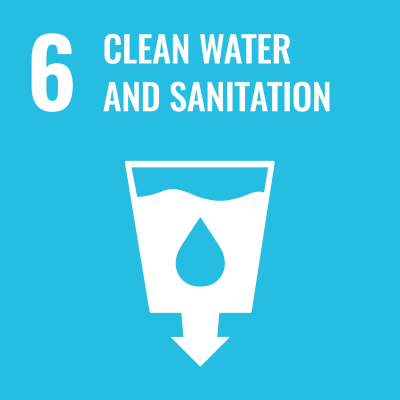
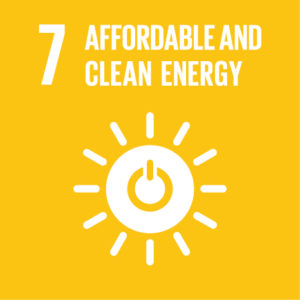
AFFORDABLE AND CLEAN ENERGY. Forest plantations involve optimal rotation for harvesting. During each harvest, a large volume of timber by-products, such as shrubs and branches, will serve as important raw materials for biomass renewable energy.
DECENT WORK AND ECONOMIC GROWTH. The rise in timber production will greatly affect downstream industries, including logging, wood processing, transportation, furniture, building materials, and timber export, making forestry a new growth engine for Thailand. This will create job opportunities for many informal workers in these industries, along with social benefits as mandated by law.
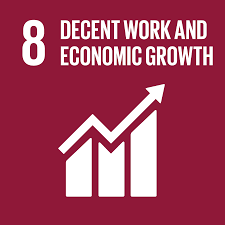
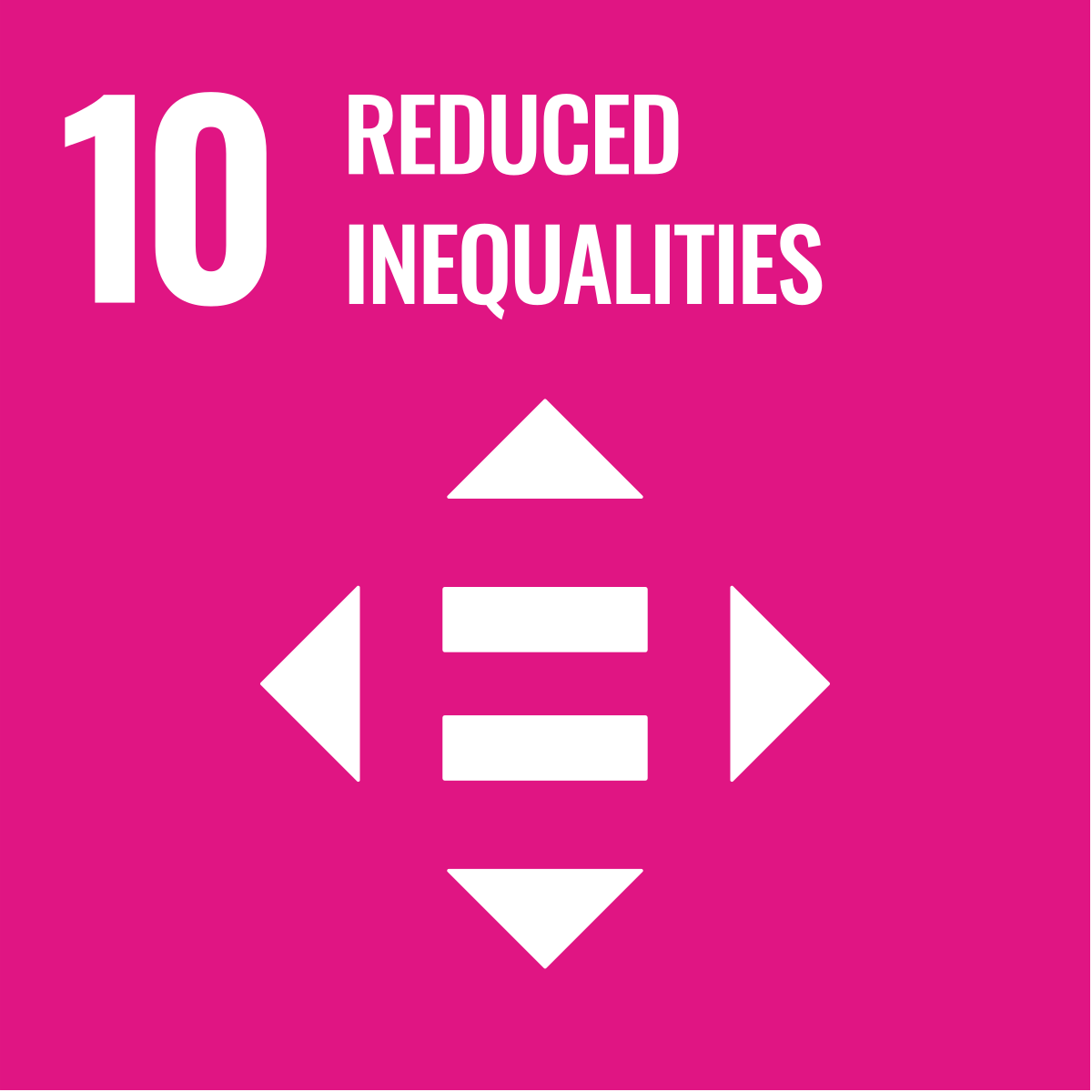
REDUCE INEQUALITIES. By issuing bonds, the profits generated from forest plantations will be used to repay the bond investors. Additionally, workers in timber-related industries will benefit from the income generated in the downstream industries. This economic integration serves as a mechanism for sharing benefits and will help reduce income inequality.
RESPONSIBLE CONSUMPTION AND PRODUCTION. “Unlike illegal logging in the past, establishing forest plantations through the issuance of forest bonds will ensure that timber production is environmentally friendly with minimal impact. Harvesting and using timber from sustainable sources will meet the standards set by the Forest Stewardship Council (FSC) label.”
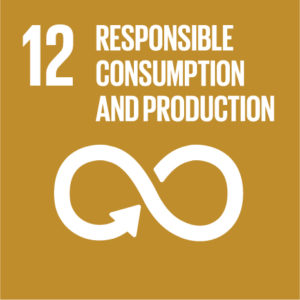

CLIMATE ACTION. Forest plantations will promote a healthier ecosystem, decarbonization, and a more resilient society in several ways. This includes improved climate regulation, renewable biomass energy, water retention, and reduced risk of floods and droughts.
LIFE ON LAND. When large areas currently used for single-crop upland plantations, such as maize, are converted into forest plantations, it will lead to improved ecology, reduced weather risks, income generation, and promotion of biomass use in renewable energy. The effects of forest plantations in such a vast land area will contribute to the improvement of life on land.
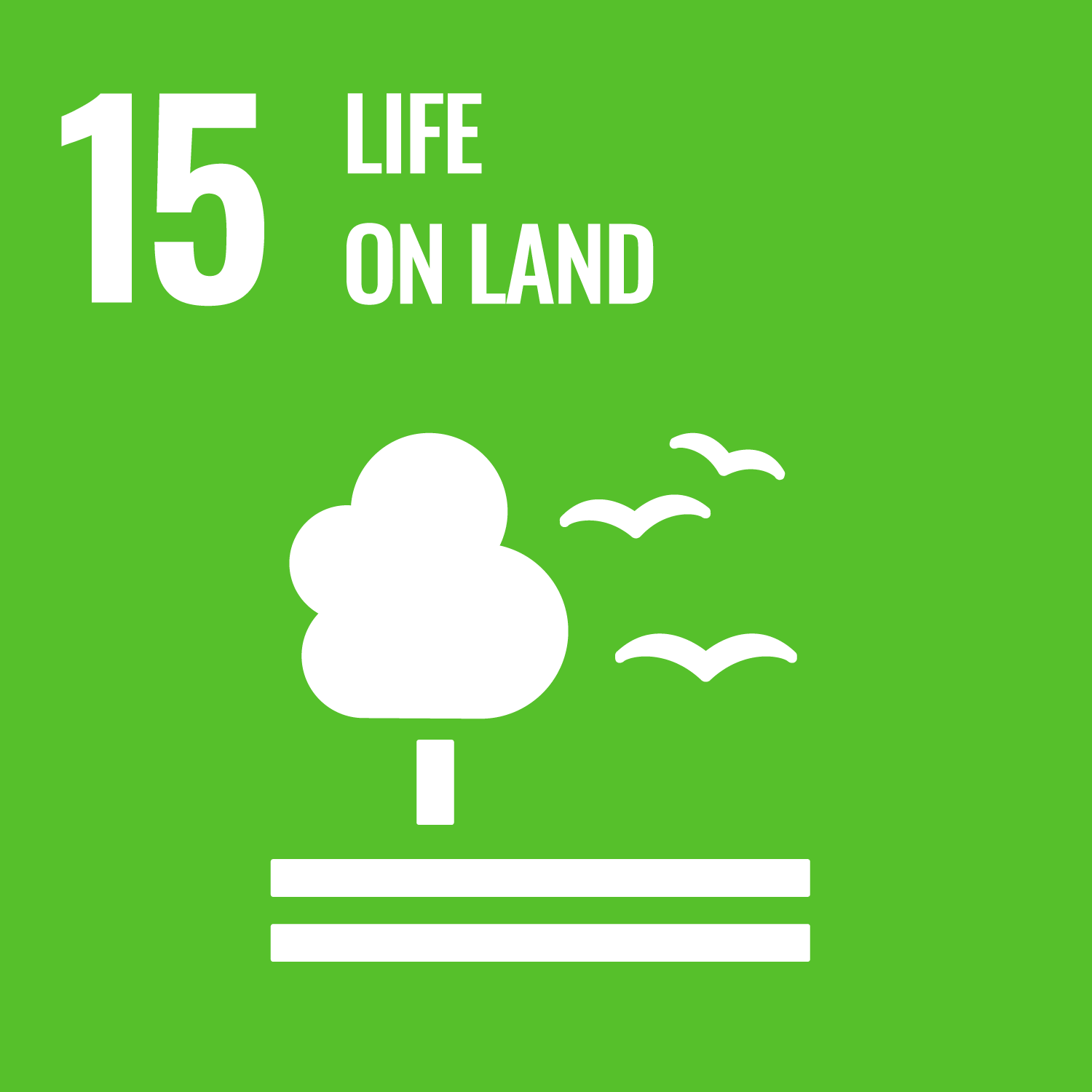

PEACE, JUSTICE AND STRONG INSTITUTIONS. The Forest Bond Initiative offers a new form of forest governance, transitioning from state to public ownership. This allows people to have rights and freedom to engage in reforestation. It not only promotes efficient timber production, but also establishes a new form of forest governance through a public and free market arrangement.


